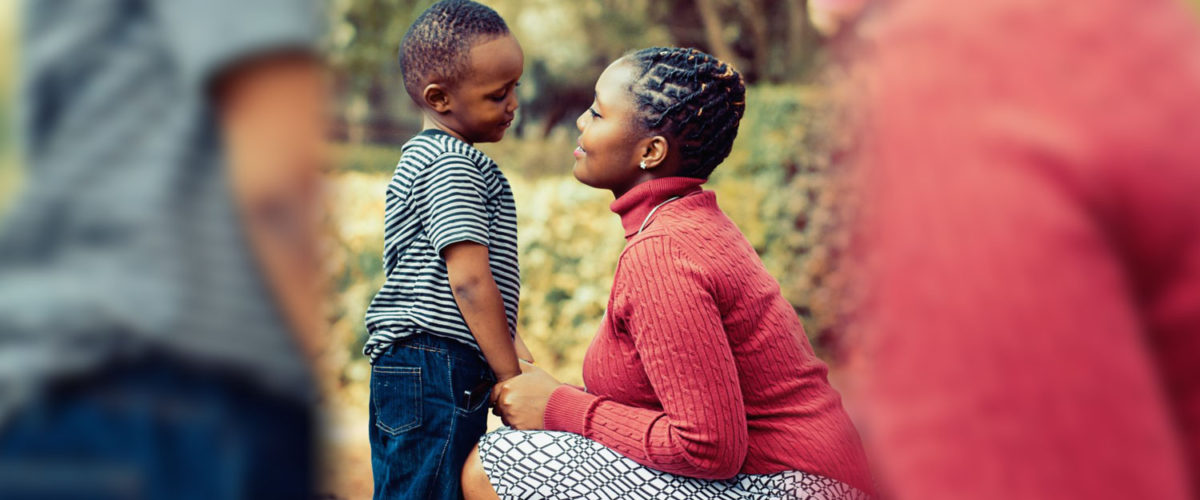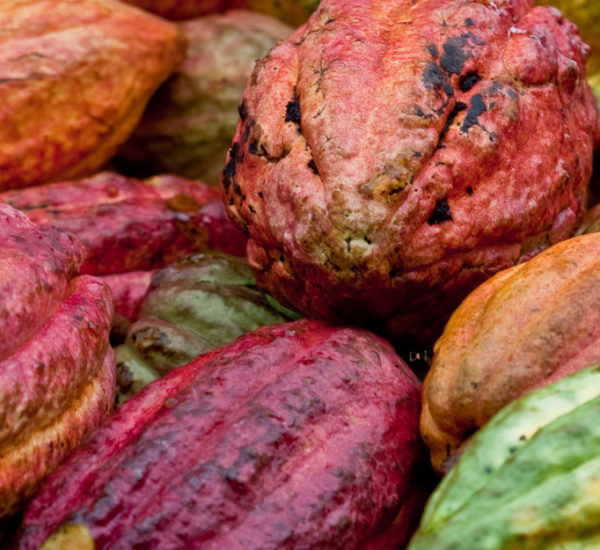It didn’t go to plan. I was rushed to theatre and had to have an emergency C-section. A visiting friend, who’d also had an emergency C-section, noticed that instead of bonding with the baby, I was withdrawing from everything. She looked me in the eye and told me to forget about what didn’t happen and focus on my little boy and being with him.
She also alerted another friend who is a Health Visitor. Once I was discharged, this friend visited and was assessing me (I realised later) to see if I was succumbing to the baby blues.
Another friend (child-free) noticed my low mood and sadness and asked me about it. I explained to her how disappointed I felt at not being able to give birth naturally and thought this was affecting my ability to lactate. Sometimes a little bit of knowledge can be a dangerous thing. Memories of conversations with paediatric and school nurse, and health visitor colleagues parlayed into imaginations of my child being overweight, suffering with childhood diabetes and having multiple allergies because he was bottle-fed. My mum (who breastfed me – so guilt multiplied) reassured me that my boy, like hers (my brother who she was unable to breastfeed), would be well, even if he’d had formula.
Almost ten years later and you’d be hard pressed to find a healthier, more active child than my first son – one play worker described him as ‘dynamic’ after he refused to sit still in a storytelling session at two years old. And he’s what we would call ‘magga’ (from the French maigre – skinny) in Trinidad.
I meant to post this yesterday as it was World Maternal Mental Health Day. But I was busy facilitating clinical colleagues in raising awareness of the signs and symptoms of perinatal (as it may happen at any time from pre-conception to post-partum) mental health issues among staff, patients and their families.
Maybe it’s just as well, because every day is maternal mental health day. Every day, as women contemplate conception, are shocked or delighted with pregnancies, give birth, attempt breast feeding and take home their babies, as many as 20 percent of them will experience anxiety, feel tearful and/or display other signs of mental distress. Not having adequate treatment has consequences for the mother, the baby and the wider society.
Those interventions in the first week, after having my first child meant that my blues faded. Some of you will be able to personally relate to this tale or it may remind you of a relative or friend.
Today where I work, we’ve moved on from maternal mental health to celebrating the work of nurses and midwives, as many countries do between the 1 and 12 of May every year. A lot of my friends and colleagues are part of this vital group of staff and I salute their dedication and professionalism.
However, in many areas, like with the baby blues/perinatal depression/maternal mental health we’re being asked to be co-carers of our friends and relatives.
Photo of Mum and son by Nicholas Githiri from Pexels.
Will you be your sisters’ keeper?




